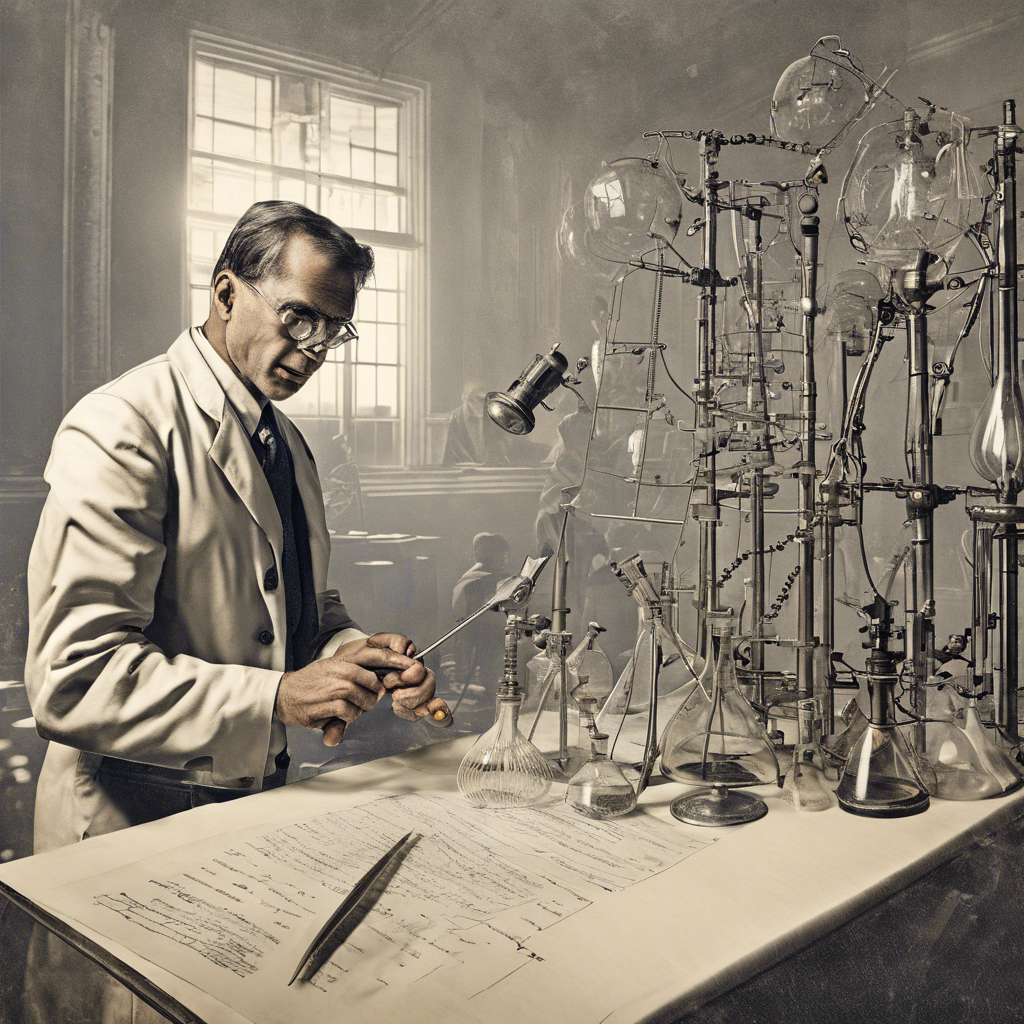The Human Right to Science: Uncovering the Potential of a Forgotten Right

Exploring the significance and implications of the human right to science
Dec. 10 marks the anniversary of the 1948 signing of the Universal Declaration of Human Rights, a milestone in human civilization that established fundamental principles for peaceful living. While many are familiar with the declaration’s core principles, such as the right to life, liberty, and security, there is one lesser-known right nestled within its text: the human right to science. This right, enshrined in Article 27, recognizes the importance of science as a cultural expression and calls for the free participation in scientific advancement and its benefits. Despite its relative obscurity, the human right to science holds the potential to reshape the relationship between science, society, and the state, ensuring that scientific progress serves humanity. In this article, we delve into the history, significance, and implications of this often-overlooked right.
1: A Short History of the Human Right to Science
The inclusion of the human right to science in the Universal Declaration of Human Rights can be traced back to the earlier recognition of science as a human right in the American Declaration of Human Rights. The transition to the Universal Declaration was seamless, with no opposition to its inclusion. However, the debate centered around the role of governments in imposing political aims on science, particularly in the aftermath of the atomic bombings in Hiroshima and Nagasaki. Ultimately, the view that science should be pursued for the sake of truth prevailed. The right to science was reaffirmed in subsequent international agreements, solidifying its importance.
2: Science as a Cultural Right
By including science among the cultural rights, the Universal Declaration of Human Rights acknowledges science as a form of human expression and creativity. Science is a meaning-making activity that allows us to understand and navigate the complexities of the world. The recognition of scientific freedom as an element of the human right to science emphasizes the importance of protecting and unleashing scientific creativity for the benefit of humanity.
3: Science’s Unique Contribution
Science, as distinct from other cultural expressions, offers a unique contribution to society. While other knowledge systems, such as religion and local traditions, have their place, science stands out as a shared understanding of the world based on empirical evidence. It provides reliable insights that can serve as a rational basis for collective action and policy-making. Moreover, science has the potential to produce universal benefits through applied knowledge, as exemplified by advancements in medical devices like pacemakers and eyeglasses.
4: Cultivating Science for the Benefit of Humankind
The human right to science presents an opportunity to improve the practice and teaching of science while building trust between scientists and the public. By reaffirming the value of science and demanding that it serves humanity, policymakers and the scientific community can work together to realize the potential of this right. It is incumbent upon everyone to support science and make good use of this gift.
Conclusion:
The human right to science, though often overlooked, holds immense potential to shape the future of scientific progress. As a cultural right, it recognizes the importance of science as a form of human expression and creativity. Science’s unique contribution lies in its ability to provide a shared understanding of the world and produce universal benefits. By embracing and cultivating the human right to science, society can ensure that scientific progress serves humanity and contributes to a better, more peaceful world.





